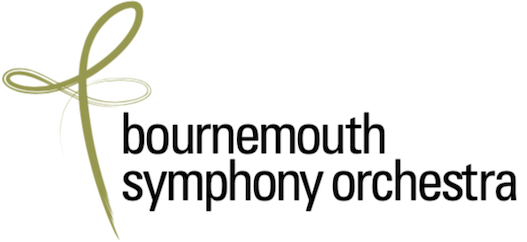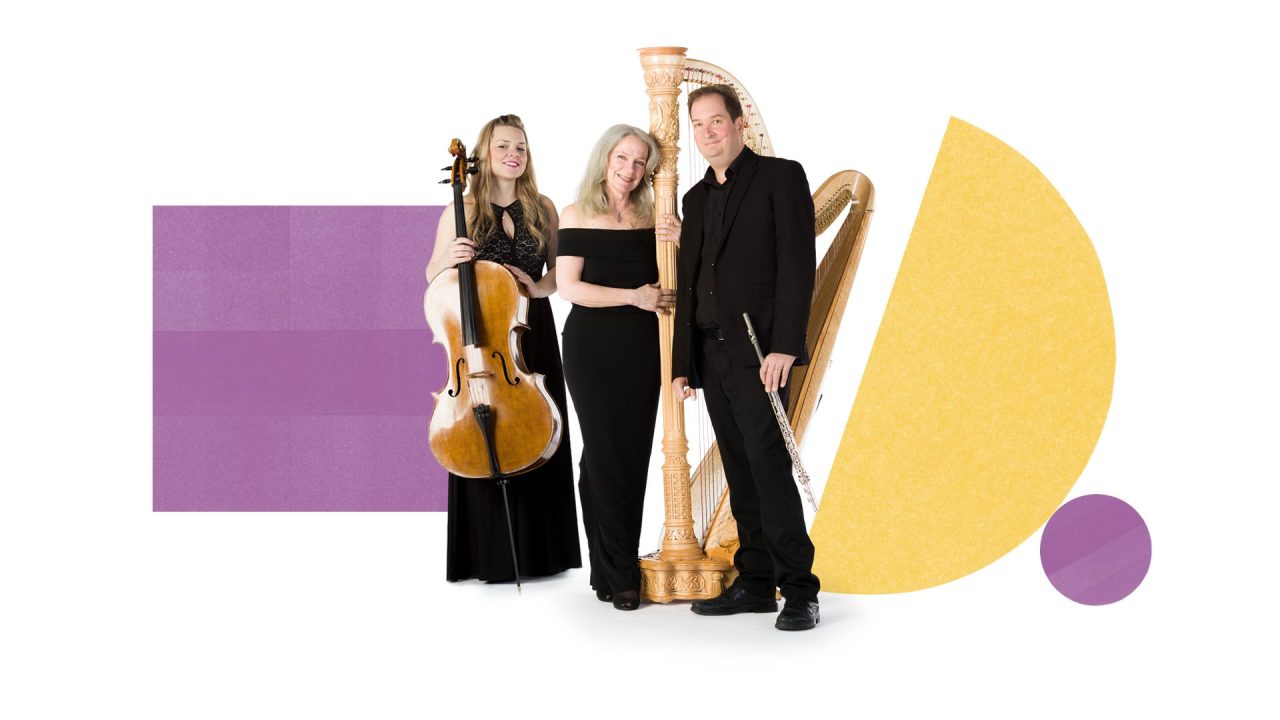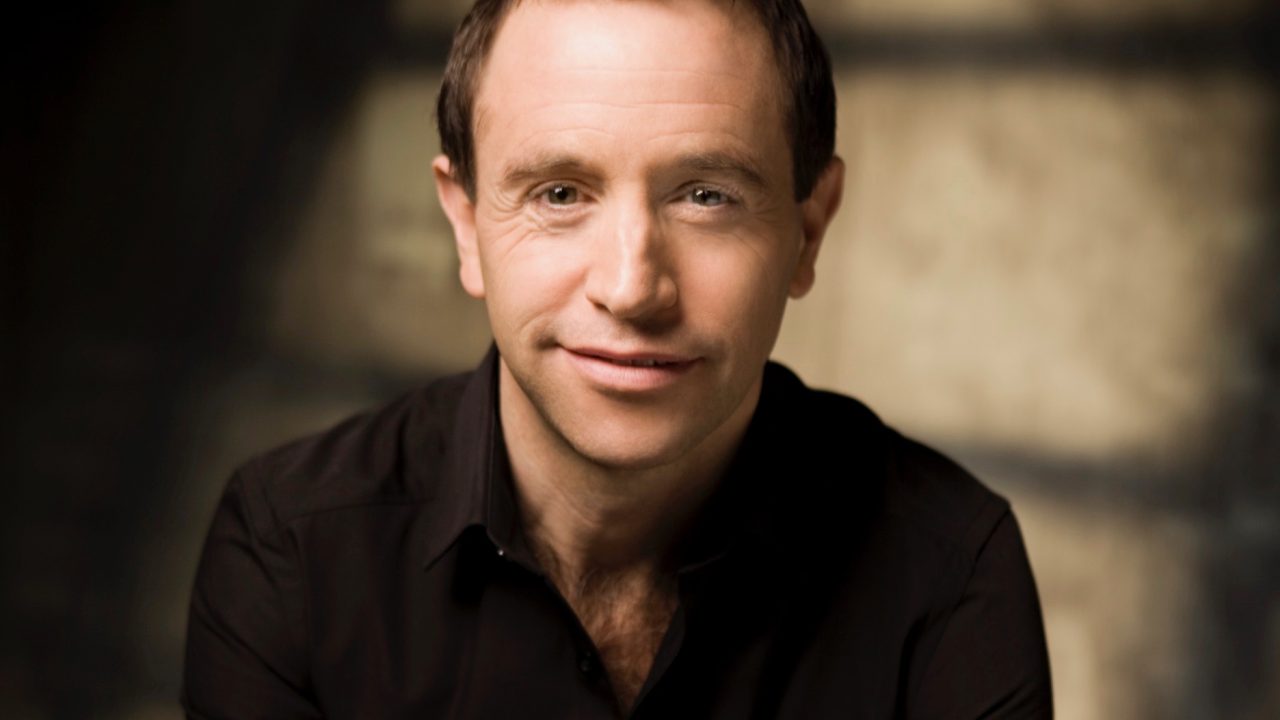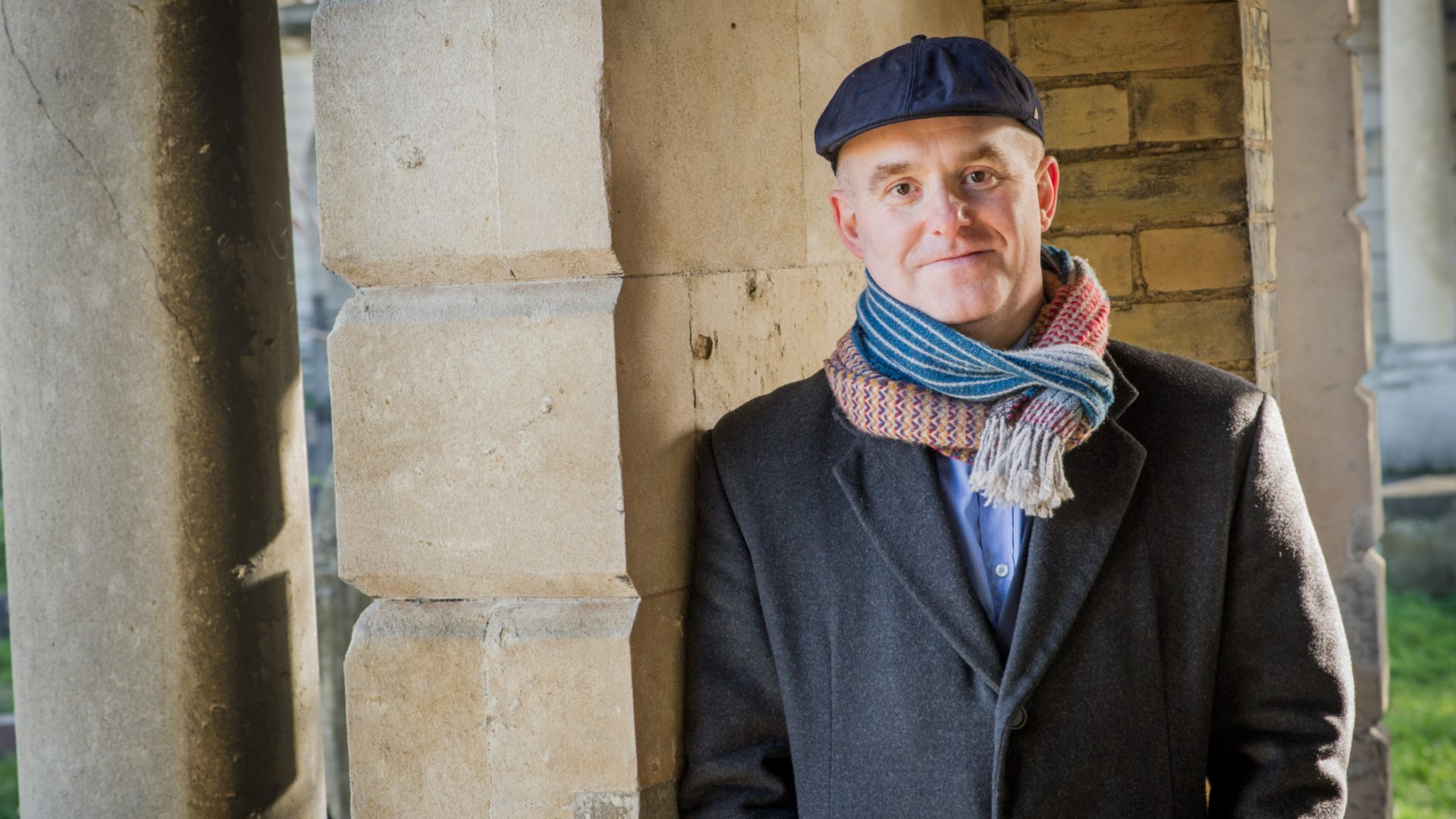A prodigiously gifted musician, Handel was a master at word-setting and creating vocal works large and small. Already with an established reputation in his twenties, like many others he was drawn to Italy, the birthplace of opera which had become all the rage of the time. Here he also experienced first-hand the talents of the finest Italian instrumentalists regularly on display in the brilliant concertos of Vivaldi, Corelli and others.
Dixit Dominus is a showpiece for both singers and players alike. Its unremitting energy and theatrical intensity demonstrates Handel’s precocious mastery of counterpoint, harmonic and melodic invention and, perhaps most impressively, of powerful dramatic gesture.
Also in the ‘Italian’ style, and probably written at the same time, the Gloria is a bravura soprano aria only recently rediscovered. The vocal lines are complex and flowing, yet never degenerate to empty virtuosity, whilst the string parts embrace the extrovert Italian aesthetic with gusto; the first violin part was possibly written for Corelli himself.
The coronation anthem Zadok the Priest, written 20 years later, is perhaps Handel’s most recognised work thanks to its incredible opening, a long orchestral introduction like the slow parting of theatrical curtains and bristling with anticipation before trumpets and choir burst onto the scene with their triumphant outpouring of joy.





